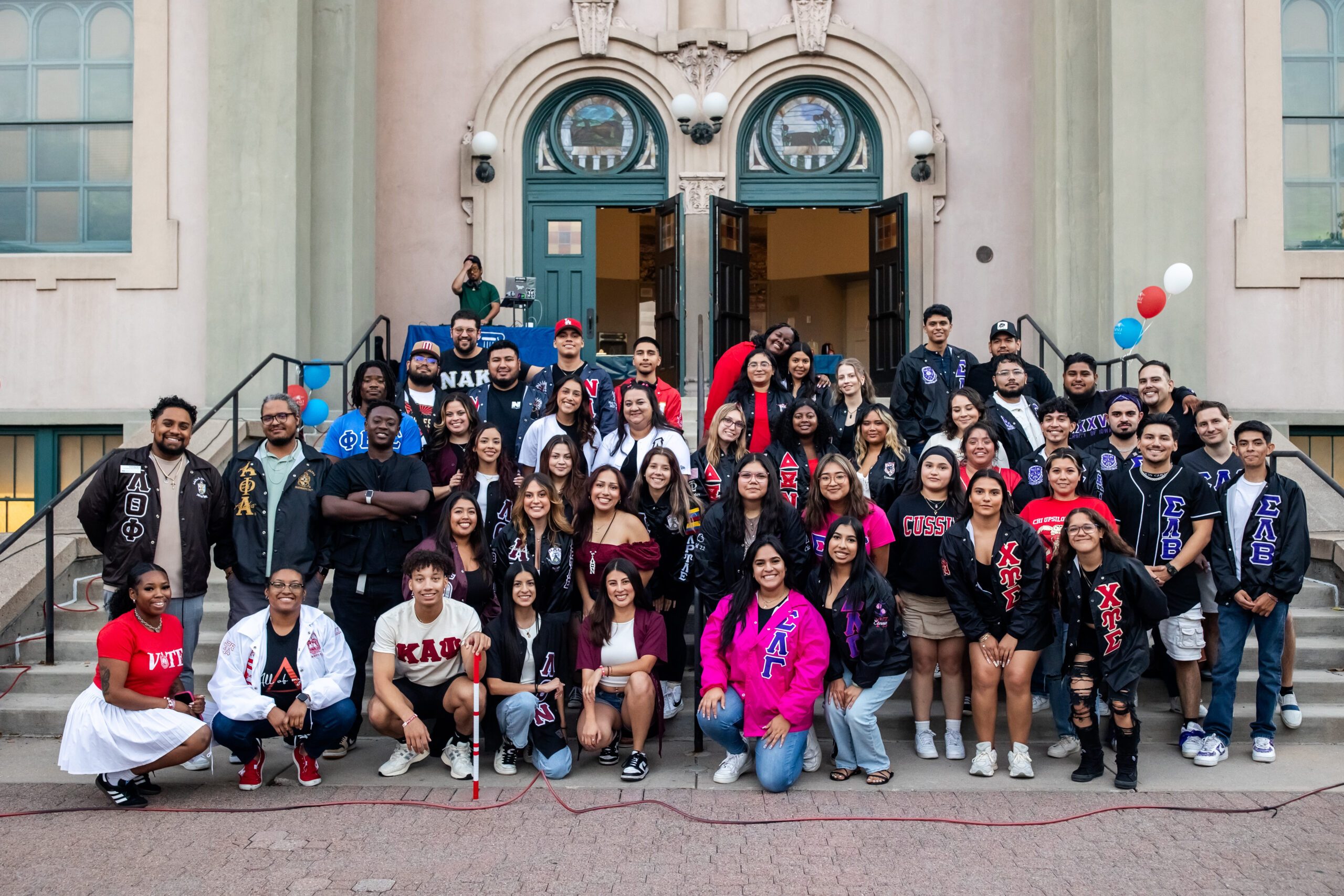Request Information
Ready to find out what MSU Denver can do for you? We’ve got you covered.
Strong, reciprocal community partnerships are the foundation of Community Engaged Learning (CEL) at MSU Denver. We believe that effective partnerships create mutual benefit, respond to community-defined priorities, and deepen student learning through authentic engagement.
The Faculty Engagement & Experiential Learning (FE&EL) team, in collaboration with the CEL Program Manager, supports faculty throughout the entire lifecycle of partnership—from exploration and design to growth and sustainability. Whether you’re looking to identify a new collaborator or strengthen an existing relationship, we’re here to help.


MSU Denver offers a variety of partnership support resources including:
Many partners post opportunities on MSU Denver’s Volunteer Hub, a central platform where students can discover service-based experiences that complement their coursework.
Collaboratory is MSU Denver’s platform for documenting community and civic engagement activities—from course-based projects and research to student programs and public events.
If you’re involved in community engaged teaching, research, or partnerships, we encourage you to submit your activities. Your contribution helps:
Submit Your Engagement via Collaboratory
Events, projects, research, or programs from any academic year are welcome!

We align our partnership philosophy with nationally recognized standards from Campus Compact and Community-Campus Partnerships for Health (CCPH), which offer evidence-based benchmarks for equity-centered collaboration.
Campus Compact (2001) outlines three developmental stages for cultivating genuine, democratic partnerships:
Meeting with Community Partners can set the stage for a more meaningful experience for students and the community. Meetings can clarify expectations, lead to shared goals, and establish a foundation for more in-depth projects. These questions can help guide early conversations.
This agreement describes a voluntary partnership between two parties, the Community Partner and Community Engaged Learning (CEL) at MSU Denver. Each agreement is set for a specified amount of time, agreed upon by both parties.
Abstract Excerpt:
The Phillips Neighborhood Healthy Housing Collaborative learned valuable lessons through its work on two community-based participatory research projects in which it established a principled model of shared power and identifiable, mutual community-university benefits.
This document delves into the evolving role of universities in fostering democratic values and community engagement. Through a series of articles and interviews, it highlights the importance of integrating local knowledge with academic expertise, the significance of community perspectives in university partnerships, and the role of journalism in public health. It also reviews the global rise of democracy and reflects on the civic responsibilities of higher education institutions. Overall, the document underscores the critical need for universities to actively participate in and support democratic and community-led initiatives.
Introduction Excerpt:
To inform the ongoing development of associated practitioner
scholarship, we examine the development of a tool for assessing the quality of community–campus relationships, the Transformational Relationship Evaluation Scale (TRES), as a microcosm of some underlying dynamics in previous and current work. After an overview of its conceptual foundations, we present TRES, review examples of its uses across multiple contexts, and share lessons learned from critical reflection on those uses along with associated implications for the future development of such tools.
Click the button below to connect with our team
Phone: (303) 615-1133
Email: CEL Program Manager: Nora Bashir
Explore Resources:
Click Here to Explore C2 Hub Faculty Resources
Navigate to our Office: